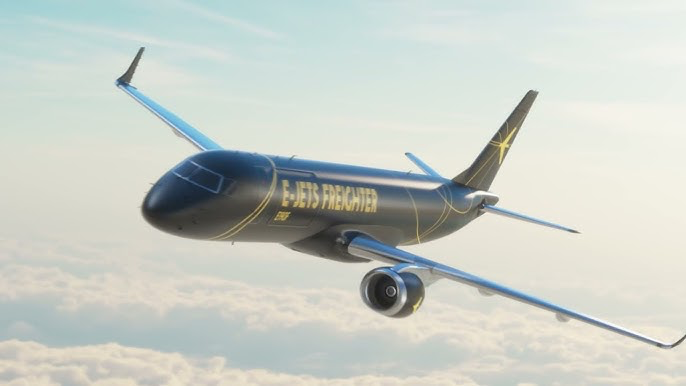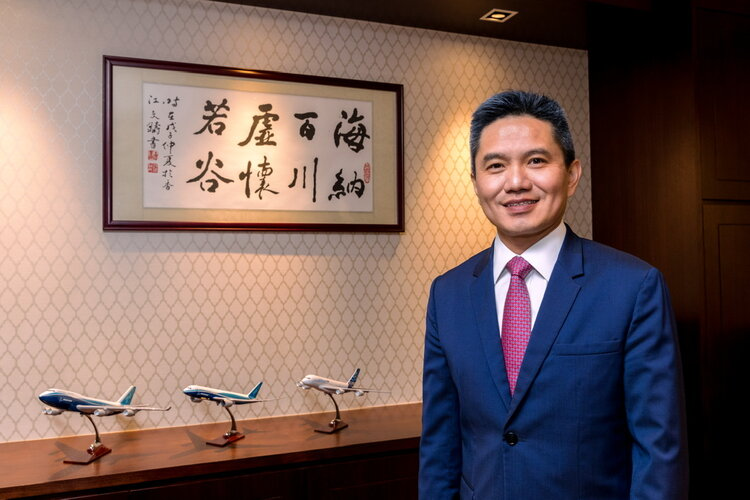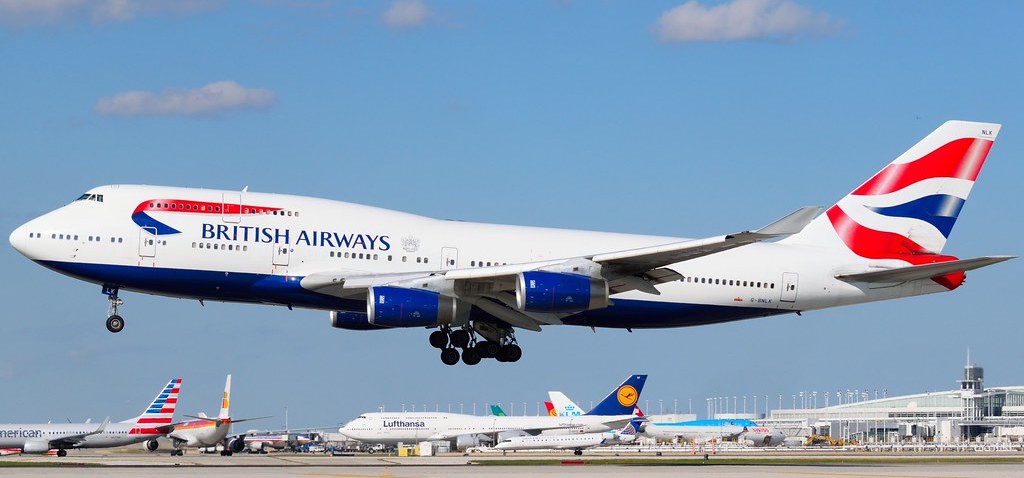Nidec and Embraer receive approval for joint venture to develop Electric Propulsion System
Kyoto, Japan, October 6, 2023 - Japan’s Nidec Corporation (OTC: NJDCY) and Brazil’s Embraer (NYSE: ERJ) welcome the unconditional approval from all necessary regulatory authorities for the establishment of their joint venture, Nidec Aerospace LLC.…


